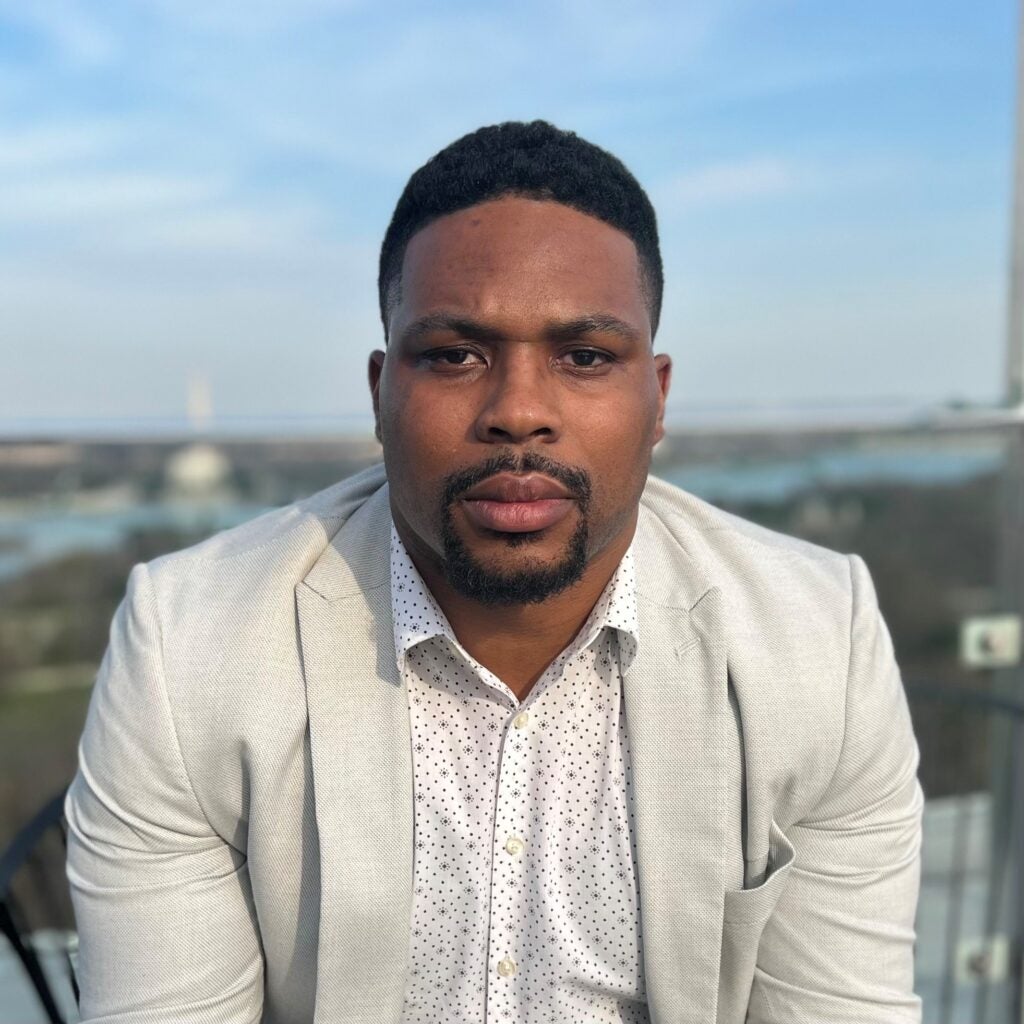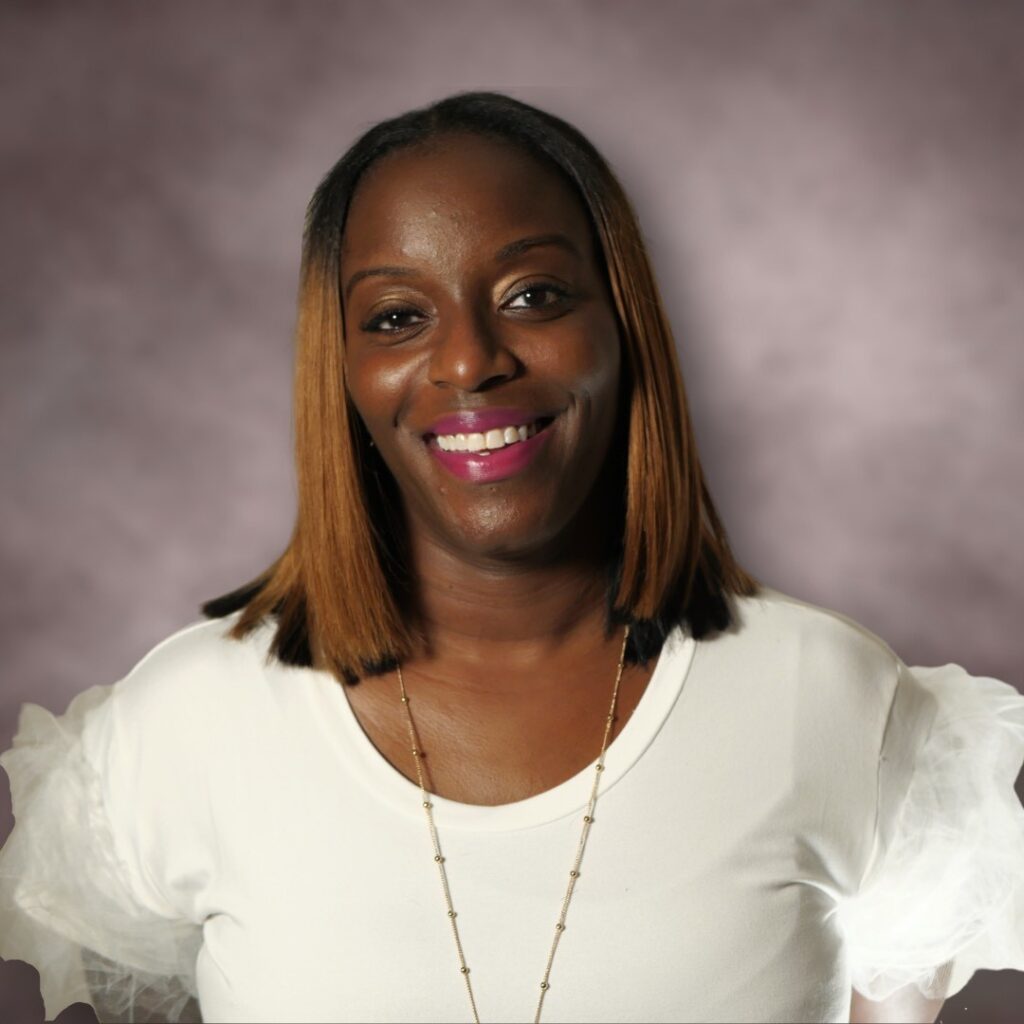Fed Up, These Parents Sue Baltimore Public Schools
Douglas Blair /
As in so many other places around the country, the public education system in Baltimore is failing the city’s children. Public schools have been failing American students for decades, but the issue is pronounced in Maryland’s biggest city.
Stories abound of Baltimore’s momentous failures to teach its kids. One report details how a student graduated from high school without the ability to read; another reveals that 41% of the city’s high school students have a GPA under 1.0.
To Jovani Patterson and his wife Shawnda, both city residents, that’s unacceptable.
The couple announced Jan. 27 that they are suing the city and Baltimore City Public Schools over what they view as an abject failure to educate children—as well as a massive waste of taxpayer funds.
The lawsuit is still in its early stages. The Pattersons, as the plaintiffs, are waiting to hear back on whether the city and its schools will file a motion to dismiss their suit.
In an interview with The Daily Signal, the Pattersons said they thought the lawsuit was the only way to have their voices heard.
“There’s really no other recourse a citizen in Baltimore could take,” Jovani said. “We don’t elect our school board, so there’s no way we could both be appointed members of the school board. There’s nothing that people can really do outside of a lawsuit to effect change or request access into the inner workings of what’s going on in Baltimore.”

Unfortunately, the issues with Baltimore’s school system are nothing new. And they aren’t uniquely tied to this one city.
Across the nation, kids are trapped in failing public schools. Like the Pattersons, many American parents are pitching money that could be used to give their child a better education into a vortex of government incompetence.
The Pattersons say that vortex of incompetence has affected Baltimore’s children for generations.
“We’ve heard for decades about some of the failures to educate and things like social promotion, lack of resources,” Jovani said, adding: “And year after year, time after time, all we hear is, ‘Well, this is the way it’s always been. This is the way it’s always going to be.’”
Jovani and Shawnda have first-hand experience with those failures in public schools. Their fourth-grade daughter has been in the system since she began her formal education. Jovani, 35, ran unsuccessfully for City Council president as a Republican in 2020. Shawnda, 39, worked as a public school teacher in the city for nearly 10 years.

Shawnda places the blame squarely at the feet of bureaucrats and administrators, not teachers who are trying their best to make a difference in children’s lives.
“I don’t think it’s mostly the teachers; it’s just the way that the system is run,” she said.
As an example of the problems she faced as a teacher, Shawnda detailed the number of students she was expected to teach without an assistant.
“Most of the time, my class size was pushing 40 kids with no assistant. To effectively teach 40 children, that is a challenging task,” she said.
But the Pattersons refused to accept that Baltimore’s schools should be consigned to failure. They hope their lawsuit will serve as a wake-up call to the city and school system. They want officials to know this kind of catastrophic incompetence no longer will be tolerated.
“The idea is to raise expectations and have the school board assess if the city actually follows their own practices and rules. Being a good steward of finances, for example,” Jovani told The Daily Signal. “We want to make sure the schools have some type of oversight within the schools [of] where the money goes, how well we’re performing.”
The Pattersons’ story highlights the need for strong reform in public education. Baltimore’s children would be better off if they were allowed to flourish in schools that aren’t part of a broken system.
The solution is school choice.
Jude Schwalbach, a former research associate at The Heritage Foundation, argued in a commentary for The Daily Signal, the think tank’s news outlet:
Students participating in school choice programs are significantly more likely to graduate from high school. For instance, students participating in the D.C. Opportunity Scholarship Program, which helps low-income students attend private schools of their choice, experienced a 21-percentage-point increase in graduation rates. …
School choice creates direct accountability to parents. It gives schools a strong incentive to meet the needs of their students since unsatisfied parents can take their children and education dollars elsewhere.
Jovani and Shawnda Patterson say they are fighting to make their local schools better.
But the fight for better outcomes for America’s students starts with school choice.
If Baltimore can’t provide a decent public education, its children deserve a chance to learn somewhere else.
Have an opinion about this article? To sound off, please email letters@DailySignal.com and we’ll consider publishing your edited remarks in our regular “We Hear You” feature. Remember to include the URL or headline of the article plus your name and town and/or state.
